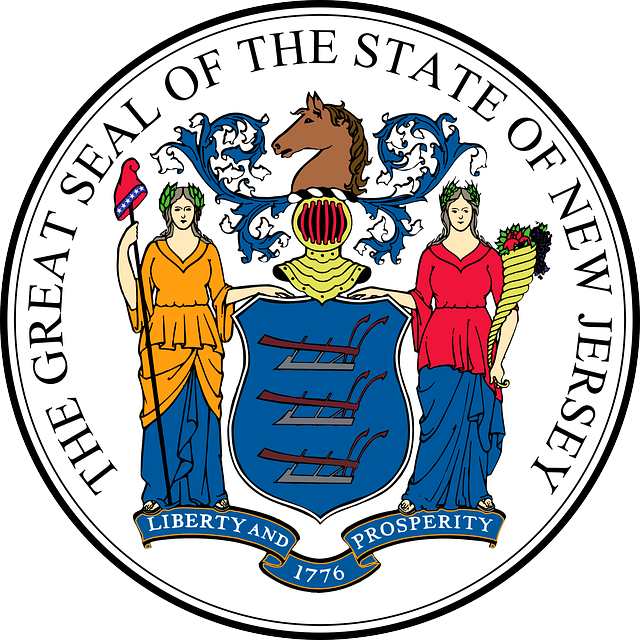Scam calls in Oxford Township, NJ, require resident alertness. Scammers impersonate authorities, press for personal data. Protect yourself by recognizing tactics, consulting a No Call Attorney for legal advice under the TCPA, and using tools like Do Not Call Registry. Stay informed, update contact info, and be cautious online to block unwanted calls.
Staying protected from scam calls is crucial in today’s digital age. In Oxford Township, New Jersey, understanding how these fraudulent schemes operate and utilizing available legal protections can significantly reduce your risk. This article guides you through the tactics employed by scammers, explores the resources at your disposal, and offers practical steps to shield yourself from harmful calls, with a focus on finding a No Call Attorney in New Jersey for enhanced protection.
Understanding Scam Calls: How They Operate and Common Tactics

Scam calls are a prevalent issue, and Oxford Township, New Jersey residents need to be vigilant to protect themselves. Understanding how these fraudulent schemes work is the first step in safeguarding your personal information. Scammers often use sophisticated tactics to trick individuals into revealing sensitive data like social security numbers or financial details. They may pose as representatives from reputable organizations, claiming there’s an issue with your account and urgent action is required.
Common tactics include impersonating government agencies, banks, or even phone companies. They might threaten you with dire consequences if you don’t comply, creating a sense of urgency. Some scammers also use social engineering to build trust, such as asking personal questions to establish a false connection. Being aware of these tactics can help you recognize and avoid potential scams, and if you suspect any fraudulent activity, it’s advisable to consult with a No Call Attorney New Jersey for guidance and legal support.
Legal Protections and Resources Available in Oxford Township, New Jersey

In Oxford Township, New Jersey, residents have legal protections in place to combat scam calls and prevent harassment from unwanted telephone communications. The Telephone Consumer Protection Act (TCPA) is a federal law that restricts how businesses can contact consumers by phone, including automated or prerecorded messages. This legislation empowers individuals to take action against persistent or abusive call campaigns. If you’ve encountered repeated scam calls, consider reaching out to a No Call Attorney in New Jersey who specializes in TCPA cases.
The New Jersey Division of Consumer Affairs also offers resources and assistance for residents dealing with fraudulent activities, including phone scams. They provide guidance on how to file complaints, understand your rights, and protect yourself from future infringements. Additionally, the Federal Trade Commission (FTC) offers extensive information and tips on avoiding scam calls, making it a valuable online resource for Oxford Township residents seeking to fortify their defenses against deceptive telephone practices.
Practical Steps to Shield Yourself From Scam Calls in NJ

In Oxford Township, New Jersey, staying protected from scam calls is a proactive effort that requires vigilance and practical steps. One effective measure is to install call blocking apps or register for the National Do Not Call Registry. These tools can significantly reduce the number of unwanted calls you receive. Additionally, educate yourself about common scams by keeping up with the latest fraud trends and being skeptical of unexpected calls promising prizes or offering urgent solutions.
Consider hiring a No Call Attorney in New Jersey to review your options and implement robust protection measures. They can guide you through legal avenues to block not just individual scam numbers but entire categories of suspicious callers. Regularly updating your contact information and being cautious when sharing personal details online are also crucial. By combining these practical steps, residents of Oxford Township can shield themselves from the nuisance and potential harm caused by scam calls.






